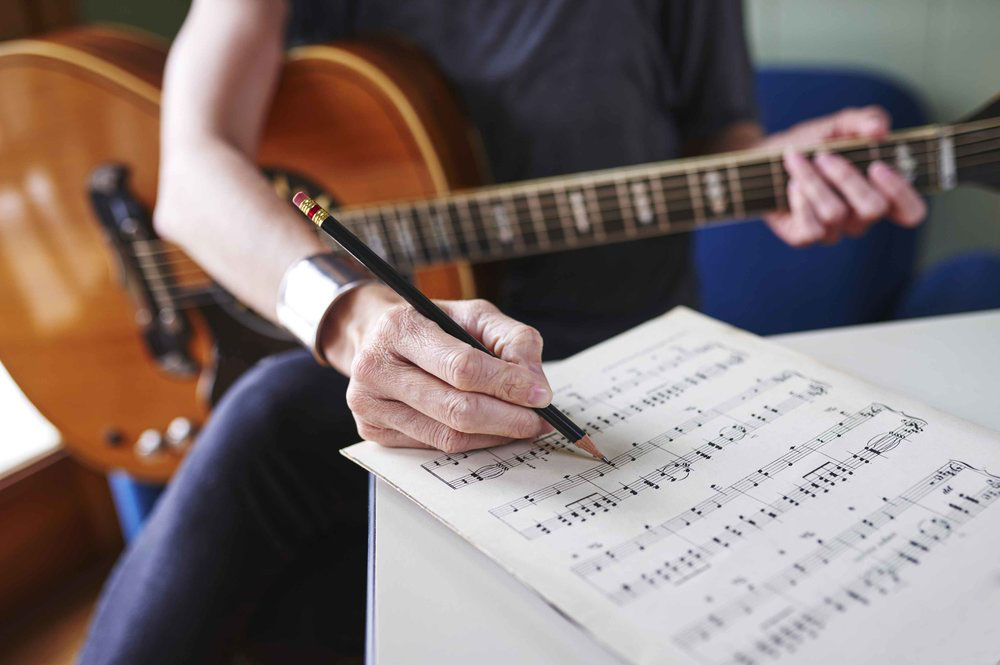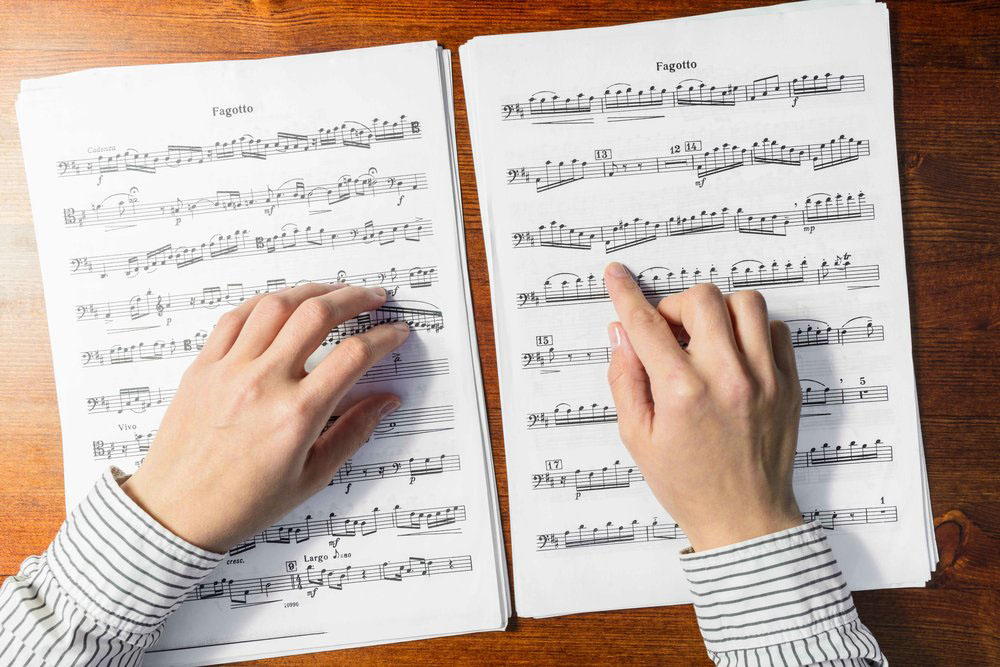-


3 Steps To Improve Your Rehearsals: Engagement

As a leader, you understand how precious rehearsal time can be. So often, we feel like we don’t have enough time to perfect our music to meet our goals. Even worse, if your musicians aren’t receptive to your leadership style, you’ll feel like you’re wasting time. How can you achieve all of your rehearsal goals if your musicians simply aren’t interested or invested in your rehearsals? You can better engage your musicians in three simple ways:
1. Engage with pace
Make sure you’re moving your rehearsals at a pace that is understood by all of your musicians. If you speak or move through material too quickly, your musicians might become confused, overwhelmed, or begin to zone out. If you move too slowly, your musicians will get bored, distracted, and likely start feeling like they should talk or be on their phones to pass the time. Even worse, your musicians will feel that you don’t respect their time if the rehearsal is filled with a lot of goofing around.
2. Engage with activity
Don’t put your ensemble to sleep! Music is naturally engaging and participatory, but sometimes your musicians will feel very under-stimulated if they are not doing very much or if the continuous repetition becomes boring. Find ways to always keep everyone busy and active. Even if you need to work with just one person or one section of your group for a few minutes, give your other ensemble members a task to work on so that their time is not being wasted. Make sure to speak to and address all musicians during your rehearsals and give everyone the opportunity to address their confusions or questions at the end of the rehearsal.
3. Engage with understanding
To properly engage with your musicians, you need to understand them on at least a basic level. Put in the time to get to know them, their background, their skills, and their passions. When you get to know your musicians and start leading with their individual personalities and needs in mind, you will begin to show them that you are collaborating with them vs. just telling them what to do. Your musicians will feel respected, understood, and appreciated, leading them to focus on a deeper level and give more to your music.
Other Articles You Might Like
-
- 20 Jan 2021
Music transcription, also known as dictation, or simply writing-what-you-hear, is the art of notating music entirely by ear. Many musicians love to transcribe, while many musicians cringe and shudder, remembering music theory class and failed attempts at transcribing four minute bebop solos on the first attempt. Despite its dreadful reputation, transcribing is helpful for all […] -
- 20 Jan 2021
Your preparation and organisation are forms of respect shown to your students and musicians. Your effort in preparation tells them that you respect their time, you’ve put thought into the time you’ll spend together, and that you don’t want to waste a single minute of your precious music-making time together. 1. Prepare Your Materials This […] -
- 20 Jan 2021
As a leader, you understand how precious rehearsal time can be. So often, we feel like we don’t have enough time to perfect our music to meet our goals. Even worse, if your musicians aren’t receptive to your leadership style, you’ll feel like you’re wasting time. How can you achieve all of your rehearsal goals […]




